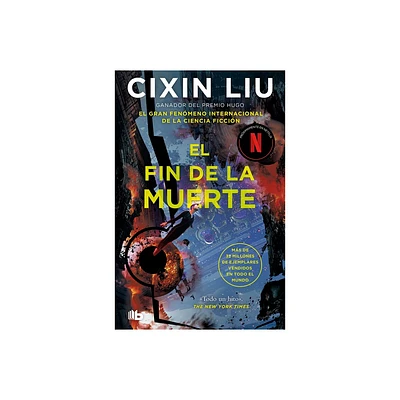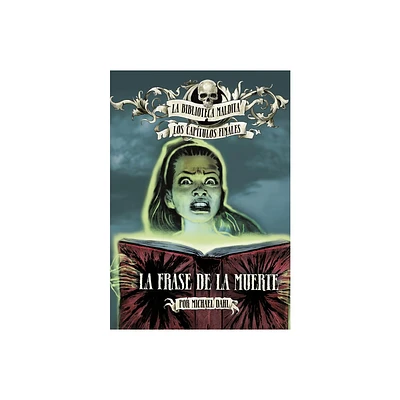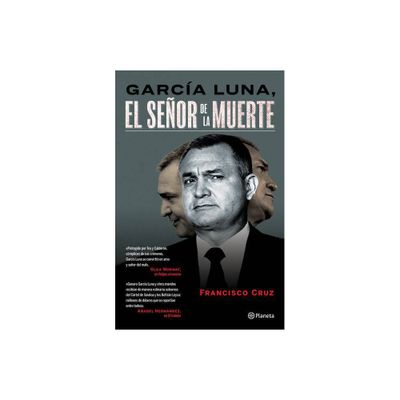Home
Palabras desde el otro lado de la muerte
Loading Inventory...
Barnes and Noble
Palabras desde el otro lado de la muerte
Current price: $18.95


Barnes and Noble
Palabras desde el otro lado de la muerte
Current price: $18.95
Loading Inventory...
Size: Paperback
*Product Information may vary - to confirm product availability, pricing, and additional information please contact Barnes and Noble
In his new collection, poet Ariel Dorfman explores death, grief and redemption, hoping that “the light I have invented, the words with which we have all been blessed, will sweeten the death that fast approaches for me.” The famed writer, academic and activist writes about intimate family matters and revisits recurring themes in his work, including war, social justice and climate change.
In a series of poems written from the perspective of deceased historical figures to contemporary politicians and soldiers, he warns about the need for reckoning and atonement. In one, Pablo Picasso speaks to Colin Powell, asking why his famous painting depicting the horror of war, Guernica, was covered when the secretary of state spoke about the invasion of Iraq at the United Nations. “Were you afraid that the mother / would leap from her image and say / no he is the one / they are the ones who will bomb / from afar / they are the ones who will kill / the child.” In another, Salvador Allende encourages Barack Obama to fight for his beliefs, “So that when you arrive on these shores / and look back as I do, you will have no regrets.”
Others explore connections to loved ones, including “the love of my life, Angélica, the woman who helped me survive exile and tribulations and peopled my world with hope.” He writes about the passionate love the Mughal emperor Shah Jahan felt for his wife, which led to the construction of the Taj Mahal, and imagines conversations between William Shakespeare and Miguel de Cervantes, who died within hours of each other. Neither escaped the iron rule of mortality: “The story of our own death is the one experience we are unable to transmit to anybody else.” Though written by an internationally acclaimed intellectual, these incredibly moving poems share the most human of emotions and expose Dorfman’s vulnerability as he embarks on the last leg of his journey.
In a series of poems written from the perspective of deceased historical figures to contemporary politicians and soldiers, he warns about the need for reckoning and atonement. In one, Pablo Picasso speaks to Colin Powell, asking why his famous painting depicting the horror of war, Guernica, was covered when the secretary of state spoke about the invasion of Iraq at the United Nations. “Were you afraid that the mother / would leap from her image and say / no he is the one / they are the ones who will bomb / from afar / they are the ones who will kill / the child.” In another, Salvador Allende encourages Barack Obama to fight for his beliefs, “So that when you arrive on these shores / and look back as I do, you will have no regrets.”
Others explore connections to loved ones, including “the love of my life, Angélica, the woman who helped me survive exile and tribulations and peopled my world with hope.” He writes about the passionate love the Mughal emperor Shah Jahan felt for his wife, which led to the construction of the Taj Mahal, and imagines conversations between William Shakespeare and Miguel de Cervantes, who died within hours of each other. Neither escaped the iron rule of mortality: “The story of our own death is the one experience we are unable to transmit to anybody else.” Though written by an internationally acclaimed intellectual, these incredibly moving poems share the most human of emotions and expose Dorfman’s vulnerability as he embarks on the last leg of his journey.


















